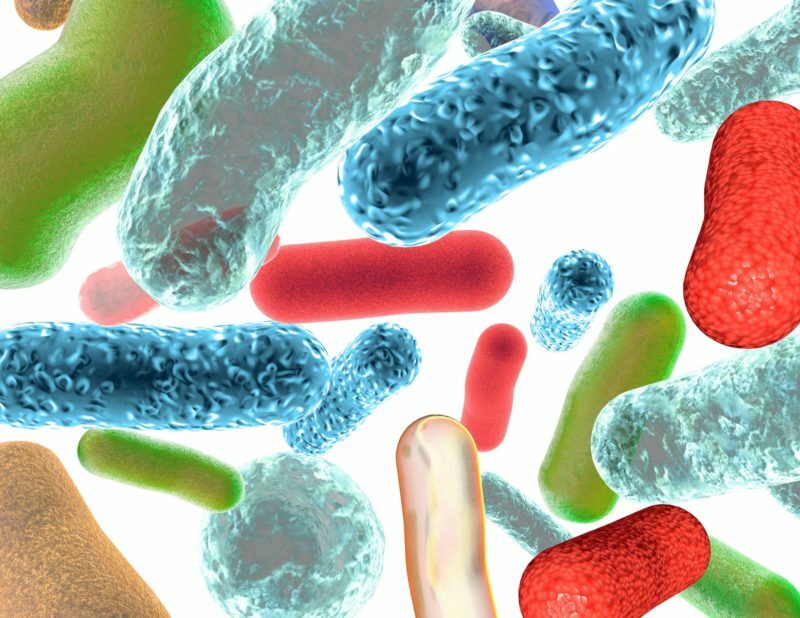Harold Marcotte, Ph.D., lead author of the study, said in apress release: “An imbalance of the normal microbiota, and particularly a loss of lactobacilli, predisposes women to urogenital infections such as bacterial vaginosis. Administration of selected probiotic lactobacilli that adhere more strongly to the vaginal walls might help to restore a healthy microbiota,” which could in turn prevent pathogens from infecting those tissues.
Dr. Marcotte, who is associate professor, Division of Clinical Immunology and Transfusion Medicine, Department of Laboratory Medicine, Karolinska Institute, Stockholm, Sweden, explained: “There is still a lack of understanding of the molecular mechanisms underlying probiotic activities. Recently, we developed a new tool that allows us to edit the genome of lactobacilli, enabling us to inactivate genes.”
Inactivating genes can reveal the function of those genes, and inactivating three specific genes fromLactobacillus gasseriresulted in a 30-40% reduction in the strength of the bacteria’s adherence to vaginal epithelial cells. This is evidence that those genes, and the proteins they encode, are all involved in adhesion to vaginal epithelial cells.
Related: Probiotics.com Offers a “Deep Dive” into Probiotics Optimizing Urological Health Red Meat May Increase Risk of Breast Cancer—Here’s What Decreases It
“We choseL. gasseriDSM 14869 as a model organism since this strain, contained in the commercial probiotic vaginal capsules, called EcoVag, was initially selected as a probiotic due to its high adherence capacity and was subsequently shown to colonize the vagina following capsule administration,” said Dr. Marcotte.He added: “We are planning to functionally analyze other Lactobacillus genes that are potentially involved in probiotic activity such as those involved in the synthesis of antimicrobial compounds.”










